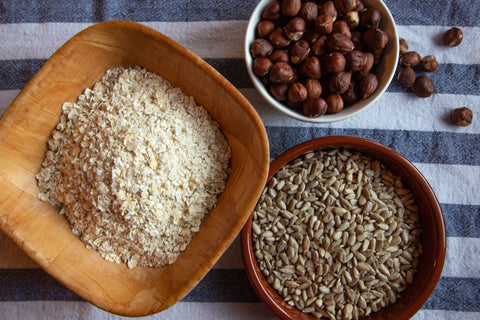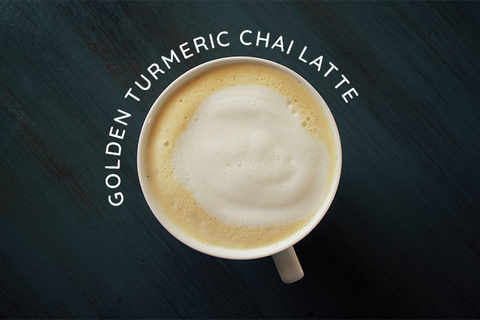How do you get enough iron?
Posted on August 19 2019

Getting enough iron can be tricky, particularly if you eat a plant-based diet. It’s an essential part of your red blood cells’ functioning, so it’s key to get enough. The trouble is, while your body can store iron pretty well, it can’t make it. Luckily, there are plenty of foods that can help you keep up your intake. Meat is renowned for its iron content, but you can get a good helping from plant-based foods, too. Whatever you’re after, we’ve got you covered. Here are a few top sources.
Red meat
First up is a pretty obvious one. Red meat is probably the best source of dietary iron you can get. Beef, like a lean steak, is a good option, packing in high-quality protein as well as zinc, selenium and B vitamins. The darker the meat, the higher the iron content, so if you’re after a good helping of this essential mineral, go for beef instead of pork or lamb.
If you really want an iron boost, organ meats like liver pack in the most. Though liver’s not everyone’s top pick, it really does offer up plenty of iron, with around 11mg per 100g serving. What’s more, liver also contains a healthy helping of vitamins A and B, as well as copper and selenium, making it a nutrient-rich choice. Luckily, if you’re not a fan of liver, steak still packs in a good helping of iron.

Shellfish
If you’re not into your meat, what about fish? All shellfish are high in iron, but clams, oysters and mussels are particularly good sources. Just 100g of oysters can provide nearly half of your recommended daily amount of this essential mineral. If you’re not keen on forking out for oysters to up your iron intake, there’s plenty of purse-friendly fish with healthy amounts of the mineral. Small fin fish like sardines and anchovies are pretty good sources of iron, with a can of sardines offering up 3mg. Among larger fish, it’s best to look to the oily varieties to provide an ample amount of this essential mineral. Think tuna, mackerel or herring. Seafood has an advantage over other types of animal produce by providing key nutrients like iron and protein in a low-calorie package.

Spinach
If you’re plant-based through and through, spinach is a great way to get a helping of iron. Popeye was (pretty much) right when he encouraged us to eat more of the stuff. It might not give you superhuman strength, but it certainly packs a punch when it comes to iron content. Just 100g of cooked spinach offers up more than 3mg of iron, as well as plenty of protein, fibre, vitamin A and vitamin E. It’s also rich in vitamin C, which is good news, as this helps you absorb plant-based iron. It’s easier to incorporate more spinach into your diet by sautéing or steaming the veggie. As an added bonus, cooking it actually helps your body absorb the nutrients more easily.

Legumes
We all know legumes are loaded with plenty of good stuff. When it comes to keeping topped up with iron, legumes are a rich source for those of us who don’t eat animal products. Lentils in particular are full of iron, not to mention plenty of protein and fibre, too. They’re a versatile addition to everything from soups and salads, to burgers or chilli, making them a perfect plant-based kitchen staple.
Another legume worth a mention is the chickpea. They provide your body with around 5mg of iron per serving, plus a hearty helping of protein, making them another filling veggie option. Eaten hot or cold, they’re perfect in spiced dishes like curries, or blended in hummus for a snack.
What to remember
It’s key to balance your iron intake for optimal health. If you’re worried you’re not getting enough, the good news is that a lot of common foods contain it. Although it’s traditionally found in red meat, there are plenty of plant-based sources too, so it’s possible to get enough even if you don’t eat animal produce. Whether you follow a plant-based diet or not, you should make it a point to prioritise iron in your diet.




